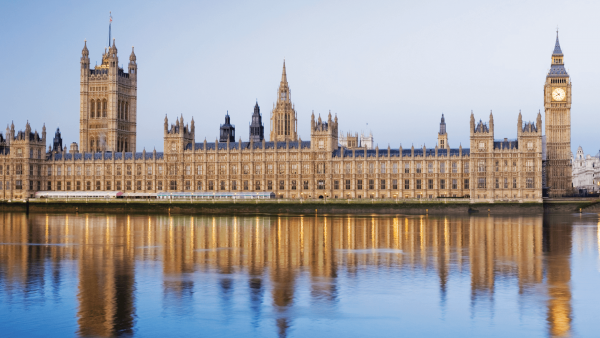Gaining Access To The UK

When it comes to staying in the UK, many people work towards settlement. When there is a successful application with respect to settlements, the application receives an ILR grant, which is a grant of Indefinite Leave to Remain. Some sources may refer to ILR as Permanent Residence, or PR.
There are main ways in which people can gain ILR, and these are:
Depending on your personal circumstances, one of these factors may be of greater benefit or likelihood to you, so it is important to think about your life and what is open to you.
This is why many people call on the services of an immigration specialist to determine the best way to apply for leave to remain in the United Kingdom. Some people have a very obvious route to a permanent stay in the United Kingdom, but this isn’t the case for everyone. There is a great deal to be said for calling on the immigration experts as this will ensure that people receive the best level of guidance and support when it comes to staying in the United Kingdom.
One of the things that you’ll find with all of the routes is that there is a general rule, but then there are exemptions and caveats that come with each ruling, so you really need to make sure that something is relevant to your needs or application.
The main rule with respect to employment allowing entry to the UK is that anyone gaining five years continuous lawful residency will be allowed to apply for ILR. Of course, changes as of April 2016 means that this isn’t the case for everyone and that certain caveats or added restrictions may be in place. Again, this is a further reminder that it is best to deal with an immigration specialist in person to ensure that the information you receive is the information that matters.
Given that the vast majority of people entering the United Kingdom and looking to gain a residency is coming in through employment based means, it is no surprise that the government is looking to tighten up this area.
When it comes to gaining leave to stay, the key word is “partner” and this could mean a husband, a wife or even a co-habiting partner. The partner has to be a British citizen or at least be recognised as someone with a settled status.
The initial leave for this visa is 30 months and then there is an opportunity to extend the visa for the same time frame. At the end of this period, if the relationship is still intact, there is an opportunity for the partner to receive ILR.
It is a shame that this route to the United Kingdom is met with a lot of nudges and innuendo, but it is fair to say that this is an entry point that can be manipulated and taken advantage of. This means that the couples who are genuinely in love and want to build a family home will face a degree of scrutiny which can place pressure on their marriage but given the people who are looking to gain access to the UK in such a manner, there is a need to review all cases in an effective and efficient manner.
Another way for people to gain access and long term leave to stay in the United Kingdom is to have spent 10 years in continuous lawful residency. This includes time spent as a Tier 1 Post Study Work holder.
There are allowances for absences but they must not exceed 6 months for any one trip and in total, absences from the UK must not add up to 18 months.
Once ILR has been granted, a person is allowed to be absent from the UK for up to 2 years without relinquishing their ILR.
People who have been granted ILR can choose whether they want to receive British Citizenship. There are a number of benefits associated with being a British citizen which include a passport, the right to vote in UK elections and they will also have the right to be absent from the UK for any period of time without relinquishing their Citizenship.
Andrew Reilly is a freelance writer with a focus on news stories and consumer interest articles. He has been writing professionally for 9 years but has been writing for as long as he can care to remember. When Andrew isn’t sat behind a laptop or researching a story, he will be found watching a gig or a game of football.
